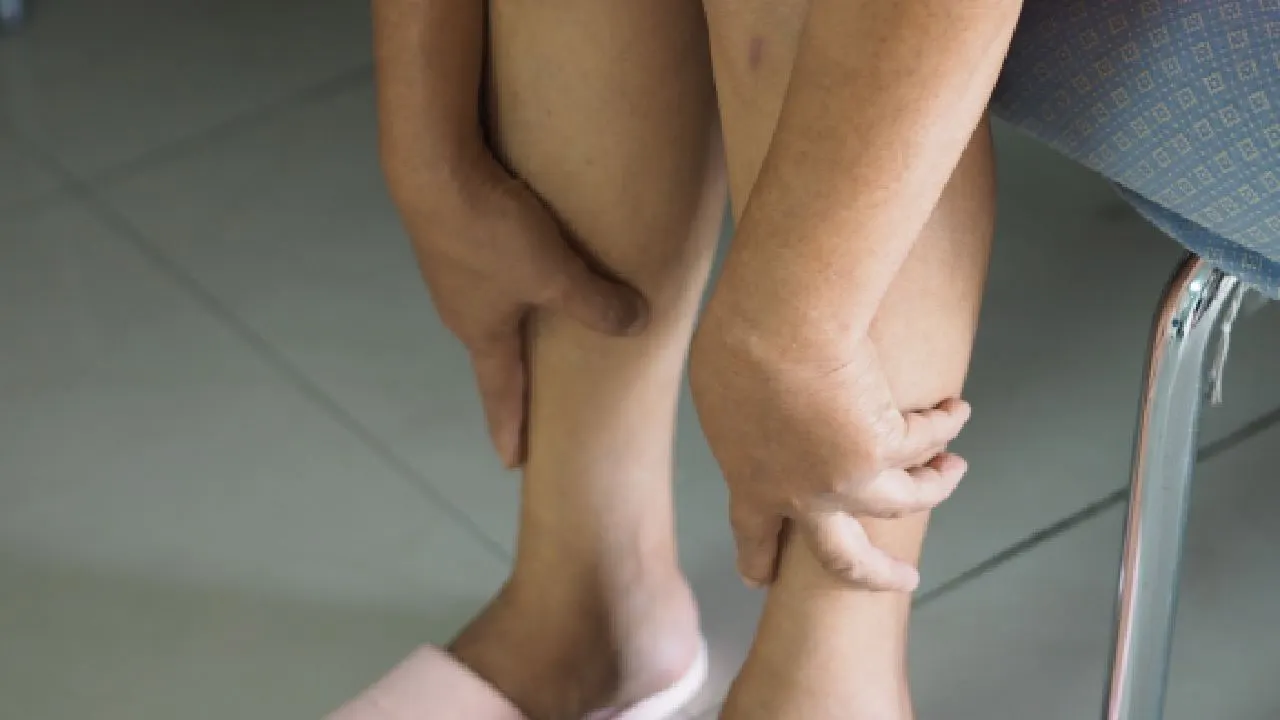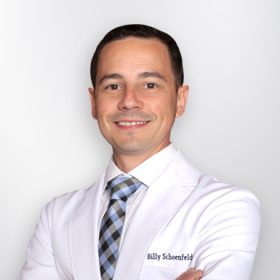What can cause your legs to feel heavy and tired?
Your legs can feel heavy and tired for several reasons. It could be a sign that you’re not getting enough exercise or a symptom of a more serious health problem. If you’re sedentary, your legs may feel heavy and tired because you’re not using them enough. This can lead to weak muscles and decreased circulation. Exercise is the best way to combat this. A simple walking program can do wonders for your leg health.
However, your legs may also feel heavy and tired for the following reasons:
- Peripheral Artery Disease: A narrowing of the arteries that supply blood to your legs. It can cause leg pain, cramping, and fatigue.
- Chronic Venous Insufficiency: This condition occurs when the valves in your veins don’t work properly, causing blood to pool in your legs. This can lead to leg swelling, pain, fatigue, heavy and achy legs, spider veins, and varicose veins.
Spider veins and leg vein treatment options
If you’re experiencing heavy, tired legs, and you’ve noticed small, visible veins on the surface of your skin, you may be dealing with more than just fatigue. Spider veins and other vein issues can be signs of poor circulation caused by chronic venous insufficiency, a common condition that affects how blood flows through your leg veins.
- Pregnancy: This is a common cause of heavy and tired legs, especially in the later stages. The extra weight of the baby and the change in hormones can cause circulation problems, fatigue, leg swelling, and achy legs.
- Obesity: This can cause circulation problems and put extra strain on your legs.
- Varicose Veins: These are enlarged veins that can cause pain, swelling, and cramping.
How do I know if my heavy, aching legs are caused by underlying chronic venous insufficiency?
If you have heavy, aching legs, you may have underlying chronic venous insufficiency. This condition is caused by weak or damaged valves in your veins, which can cause blood to pool in your legs and lead to discomfort. Venous insufficiency is a dangerous medical condition that can lead to progressively worse complications. The initial signs and symptoms of vein disease are fairly mild and benign, often misattributed to aging, but you eventually suffer from some serious complications.
Heavy, aching legs can be caused by chronic venous insufficiency, but they’re also symptomatic of numerous other conditions. However, you can confirm the presence of vein disease by observing other signs and symptoms, such as leg heaviness, frequent leg cramps, restless leg syndrome, throbbing leg veins, and leg swelling. A tell-tale sign of vein disease is that the symptoms worsen at the end of the day or after long periods of sitting or standing, i.e., when more blood accumulates in your leg veins.
Some visible signs of vein disease include spider veins, varicose veins, skin discoloration, and leg ulcers. If you notice the signs and symptoms of chronic venous insufficiency, you must contact a board-certified vein doctor specializing in minimally invasive spider veins and varicose vein treatments. Vein Treatment Clinic is led by highly-skilled, board-certified, fellowship-trained vein doctors specializing in the latest vein treatments, including radiofrequency ablation, venaseal, endovenous laser ablation, and ambulatory phlebectomy.
You can find our vein treatment clinics in New York City, Long Island, New Jersey, Maryland, and California. If you’re in New York, you can find our vein doctors in Midtown Manhattan, a short walk from the Empire State Building. Please schedule an appointment at your nearest vein treatment clinic to initiate your diagnosis and treatment of vein disease.
How do you treat heavy legs?
If your legs feel heavy, there are a few things you can do to ease the discomfort. Like any other muscle, your legs need to be stretched and worked out regularly to stay strong and healthy. Here are a few things you can do to treat your heavy legs:
- Get moving: Exercise is one of the best ways to ease the symptoms of heavy legs. A simple walking workout can do wonders for your legs. If you can’t get outside, try walking on a treadmill or around your house.
- Soak your legs: Soaking your legs in a warm bath can help to relax the muscles and ease the pain. Add some epsom salt to your bath to help reduce inflammation.
- Massage your legs: A leg massage can also help to relax the muscles and ease the pain. Use a soothing lotion or oil and massage your legs in a circular motion.
- Ice your legs: If your legs are swollen or painful, ice can help to reduce the inflammation. Wrap an ice pack in a towel and apply it to your legs for 15-20 minutes at a time.
- Compression stockings: Compression stockings can help to reduce the swelling in your legs. They work by applying gentle pressure to your legs, which helps to promote circulation.
- Elevate your legs: When you’re sitting or lying down, elevate your legs above your heart to help reduce the swelling. Use pillows to prop up your legs.
If you’re dealing with heavy legs regularly, it’s important to see your doctor to rule out any underlying medical conditions, such as chronic venous insufficiency and lymphedema. The aforementioned home remedies can temporarily alleviate achy legs’ discomfort, but they can’t treat the root cause of leg heaviness and vein problems. You must undergo minimally invasive spider and varicose vein treatments to treat heavy legs for good and prevent other complications.
You can expect a thorough evaluation and diagnosis when you visit our vein doctors. Our vein doctors will examine your leg veins, discuss your symptoms and goals, administer vascular imaging tests to visualize the blood flow in your leg veins, and determine if you have chronic venous insufficiency. If you have vein disease, our vein doctors will curate a personalized vein treatment plan consisting of minimally invasive procedures, such as radiofrequency ablation, endovenous laser ablation, venaseal, and ambulatory phlebectomy.










